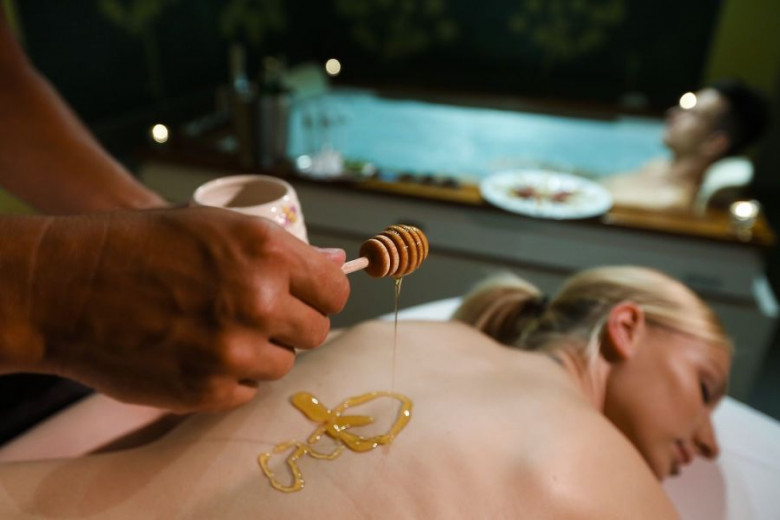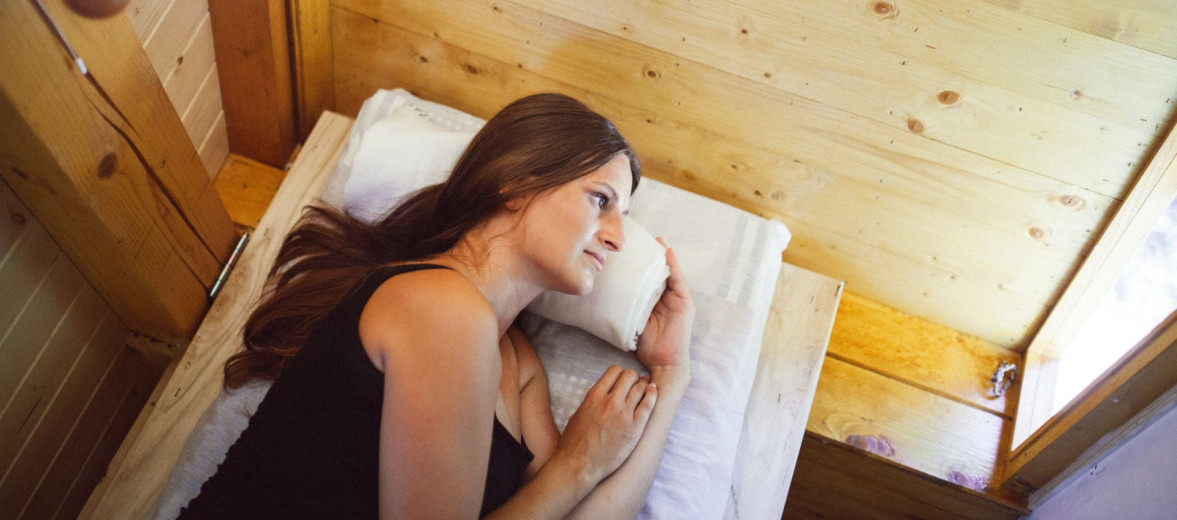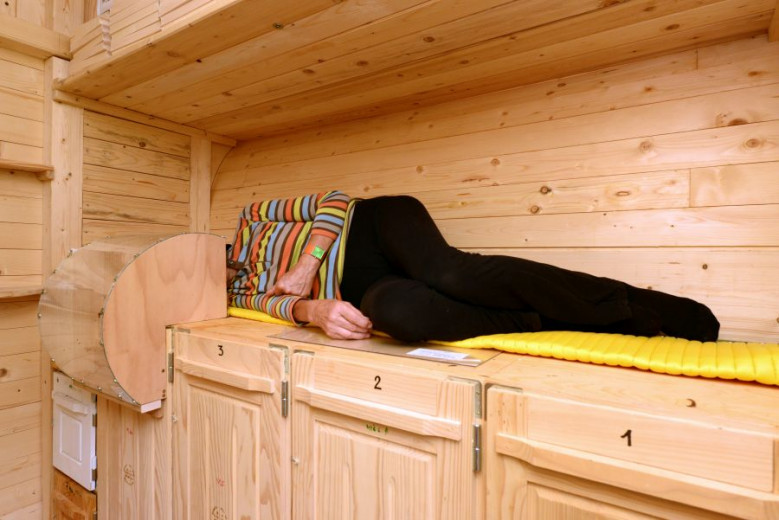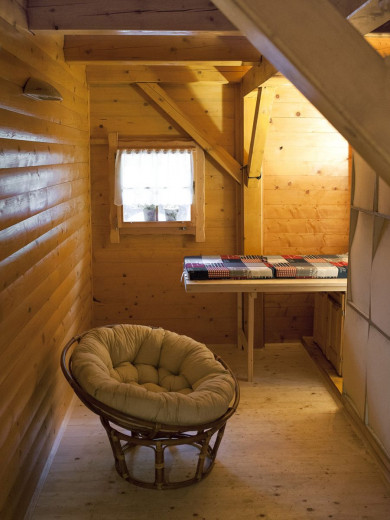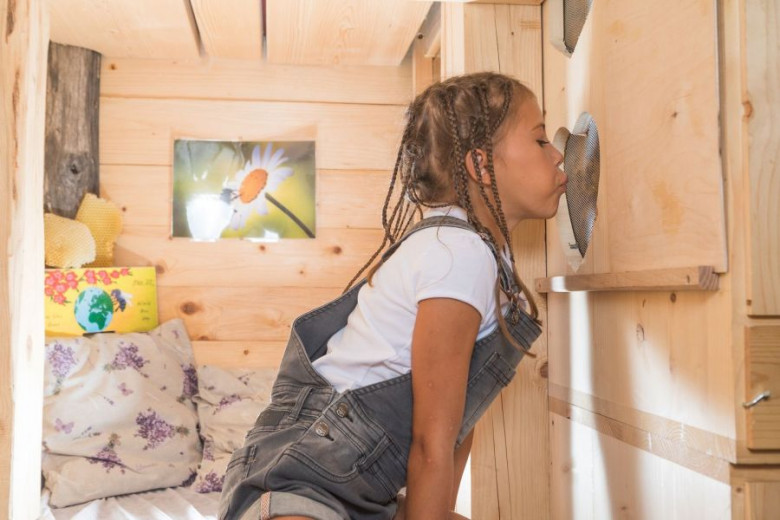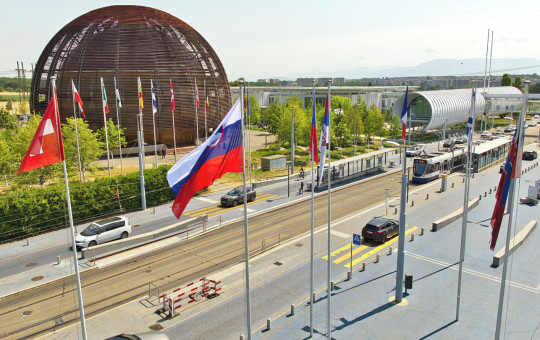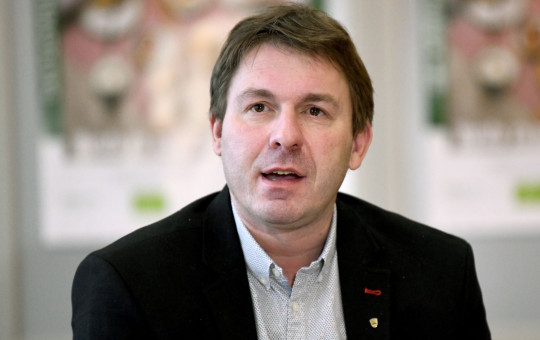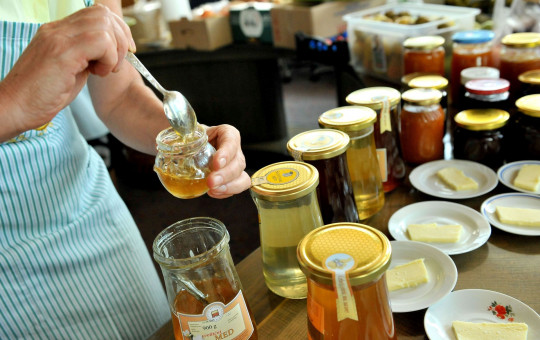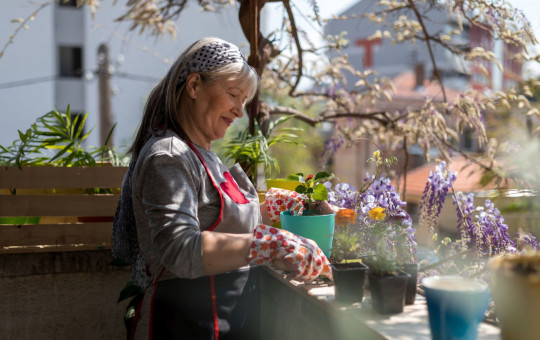The most important person for apitherapy in Slovenia at the end of the 19th century was Dr Filip Terč, a doctor of Czech descent practising in Maribor. As early as 1879 he started the experimental treatment of rheumatic diseases with bee stings (apitoxin). He tried this therapy on 660 patients and is considered the pioneer of modern apitherapy in the history of medicine and beekeeping.
Every year in March, an international apitherapy symposium is held in Passau in Germany. And in 2006 the Apitherapy Congress decided to declare 30 March, the birthday of the pioneer of modern apitherapy, Dr Terč, International Apitherapy Day.
Apitherapy symposiums are also held at the Apimondia International Apicultural Congress, which takes place every two years. Since 2006 the Apimedica&Apiquality international congress has also been held every second year, dedicated to achievements in apitherapy. To date, the aforementioned congresses were held in Greece in 2006, in Italy in 2008, in Slovenia in 2010, in China in 2012, in Turkey in 2014, in Italy in 2016, and in Romania in 2018.
Two congresses have been held in Slovenia, the 2003 Apimondia International Congress and the 2010 Apimedica& Apiquality, which shows that Slovenia’s work and achievements in this area are recognised globally.
Several apitherapy symposiums have also been held in Slovenia, and since 2007 they have been regularly conducted by the Slovenian Beekeepers’ Association and the Maribor Beekeeping Association.
The Slovenian Beekeepers’ Association is in charge of a training programme for apitherapists, which has been implemented by the Maribor Beekeeping Association since 2014.
More than 200 participants have concluded the apitherapist training to date, and 44 participants (the 6th generation) are currently undergoing training, to be concluded at the end of September 2020.Together with the Institute for Vocational Education and Training, the Slovenian Beekeepers’ Association is drafting the Catalogue of Standards of Professional Knowledge and Skills required for an apitherapist. The association wishes that Slovenia willregulate apitherapy in a similar way as Germany and Romania.
Slovenian apitherapists collaborate with thosein many other countries – in Czechia, Slovakia, Poland, Croatia, Serbia, Bulgaria, Hungary, Germany, Romania, Russia, Austria and elsewhere.
-
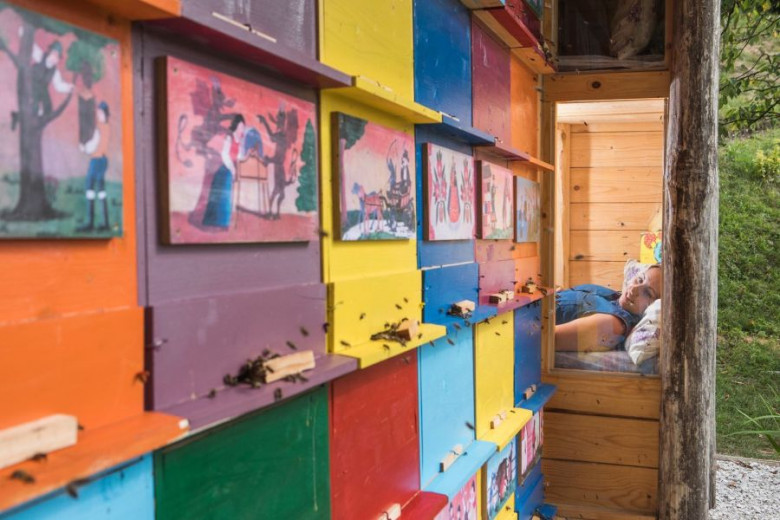
Apitherapeutic beehive in which you can relax surrounded by air from the hive and observe the bees at work. Photo: Jošt Gantar/www.slovenia.info
-
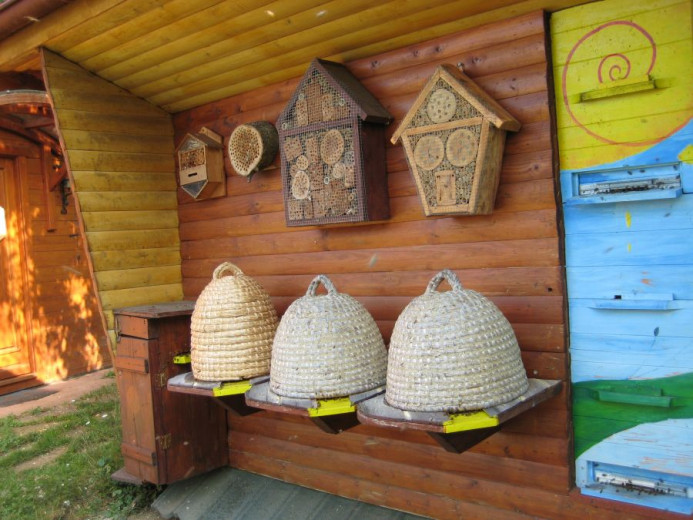
Straw baskets for bees and hotels for other pollinators. Photo: Karl Vogrinčič/www.slovenia.info
-
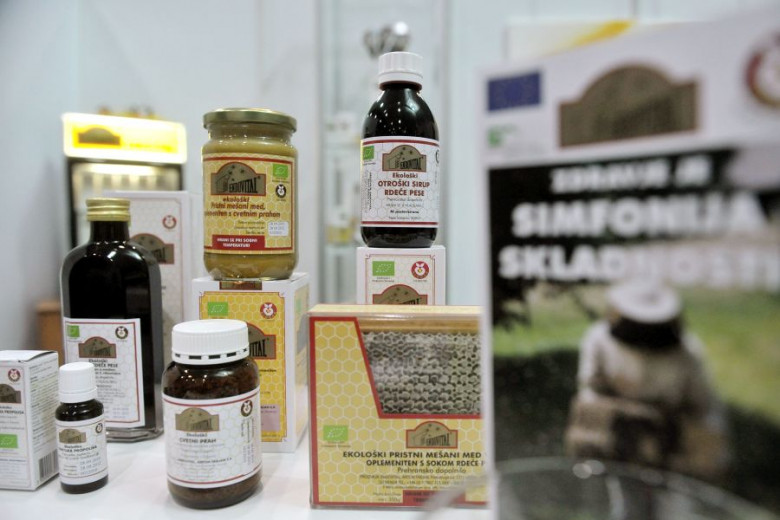
Apitherapeutic products. Photo: Tamino Petelinšek/STA
A particular feature of Slovenian apitherapy is treatment in a bee house.
Slovenian bee houses are unique in the world.They are something that is typically Slovenian, like hayracks and vineyard cottages. Bee houses also used to be common in other parts of Europe, particularly in the German-speaking countries, but in the second half of the 19th century they started to disappear, due to so-called progress and the expansion of box hives. Now, apart from Slovenia, they can only be found in some German-speaking Swiss cantons. Even there, however, the Swiss bee houses are quite different from Slovenian ones. In regions where they do not have bee houses, special masks are used in apitherapy to allow patients to breathe beehive air. But in Slovenia a patient can simply lie down on a comfortable recliner or bed above beehives and relax without any mask being necessary.
Beehive air has a favourable effect on our respiratory system, and the buzzing of bees relaxes us. Some apitherapists also offer honey massages and thermal beeswax therapy in their bee houses.
Research
Several important studies related to apitherapy have been conducted in Slovenia. The Biotechnical Faculty of the University of Ljubljana carried out two studies of the antibacterial effects of Slovenian honey. The first (Kralj Kunčič et al., 2012) researched the possibility of treating open wounds with honey, the second (Podržaj, 2011) the possible antibacterial activity of honey on periodontal pathogenic bacteria in dental plaque. In the first study, Slovenian chestnut honey was found to be the most effective in laboratory tests.
Following an extensive clinical trial, the sanitary products manufacturer Tosama put on the market two products under the name Vivamel: honey in a tube and alginate dressing with honey. Both products are now officially and successfully used in hospitals for treating wounds and burns.
The Division of Neurology at the Ljubljana University Medical Centre started a study on the incidence of Parkinson’s disease in beekeepers.
It has been noted that even in old age many beekeepers are still of clear mind, eager to learn and interested in any new developments in beekeeping at home and abroad. Slovenian researchers have also conducted a clinical study on the effects of royal jelly on systemic inflammation, which gave very satisfactory results.
Date: 11. May 2020
Time to read: 2 min

